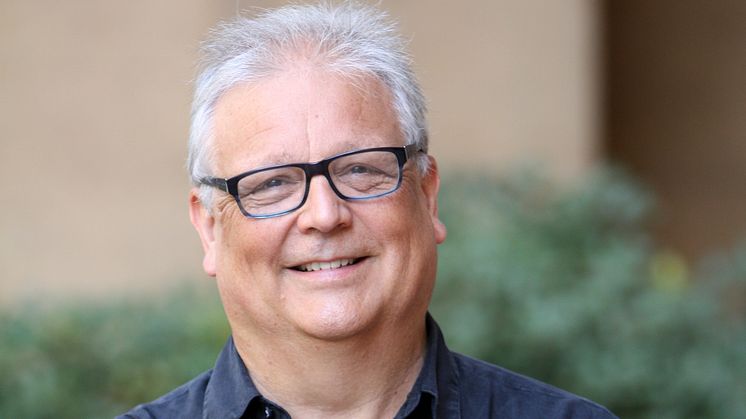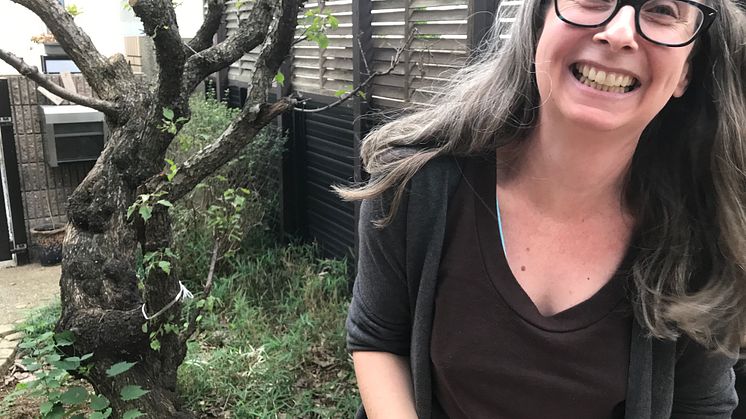
Vortragsreihe: Kulturwissenschaften und Digital Humanities. Konzeptionelle Annäherungen | "(Infra)structural Perversion: Meta/data for Archival Hospitality"
Termin 14. Juni 2023 16:00 – 18:00
Ort Universität Vechta Raum Q111 / hybrid
Die Digital Humanities sind ein zunehmend bedeutsamer interdisziplinärer Forschungszusammenhang, der es sich zum Ziel gesetzt hat, geistes- und kulturwissenschaftliche Fragestellungen mit informatischen Methoden zu beforschen. In den Kulturwissenschaften, die nach kulturellen Praxen und Repräsentationen in ihren Bedeutungen fragen, ist dieser Ansatz bisher wenig präsent. Nicht nur durch die Schaffung des neuen Standortes an der Universität Vechta rücken Kulturwissenschaften und Digital Humanities jedoch zunehmend zusammen. Die Vortragsreihe entwickelt entlang grundlegender Überlegungen und exemplarischer Studien die konzeptuellen Annäherungen zwischen beiden Forschungsbereichen. Sie soll der interdisziplinären Verständigung dienen und zugleich ein explizit kulturwissenschaftliches Verständnis der Digital Humanities schärfen.
Am 14.06.2023 spricht Mike Fortun (University of California, Irvine, USA) von 16 bis 18 Uhr in Raum Q 111 zum Thema "(Infra)structural Perversion: Meta/data for Archival Hospitality". Der Vortrag findert im Rahmen der Internationalen Woche der Universität Vechta statt.
Die Reihe startet mit ersten Vorträgen im Sommersemester 2023 und wird in den kommenden Semestern fortgesetzt. Eine Teilnahme vor Ort ist ohne Anmeldung möglich, zur hybriden Teilnahme bitten wir um Anmeldung im Sekretariat unter sekretariat.kulturwissenschaften@uni-vechta.de. Wir freuen uns auf rege Diskussionen.
Digital infrastructures are making qualitative data more openly available, supporting its collaborative analysis, and facilitating their communication to scholarly and other publics. But like any infrastructure, digital “middleware” platforms are both enabled and limited by their material codings, especially the metadata that makes data available for work and play. These codings enact semiotic ideologies: fundamental, usually tacit assumptions and understandings about what signs are and what can and should done with them. Based on ethnographic experience in designing, building, and using one such instance of middleware, the Platform for Experimental Collaborative Ethnography (PECE), this paper analyzes how different semiotic ideologies produce different styles of data availability in different qualitative data archives, including the Human Resources Area Files (HRAF), the Qualitative Data Repository (QDR), the Toxic Docs project, and the Formosa Plastics Global Archive infrastructured by PECE. Crudely conceived, these semiotic ideologies and their associated styles of data availability run from the positivist to the interpretivist, often cast as “two cultures.” These epistemic differences are infrastructured into the digital middleware platforms, calling not for infrastructural inversion but rather perversion, a de-normalizing from both within and without (infra-). At the same time the scholarly good of “data availability,” this paper argues, needs to be reconceptualized and re-coded in terms of archival hospitality, a matter not only of providing digital access but of creating digital (infra)structures that are welcoming, encourage lingering, and cultivate unexpected and lively encounters.




